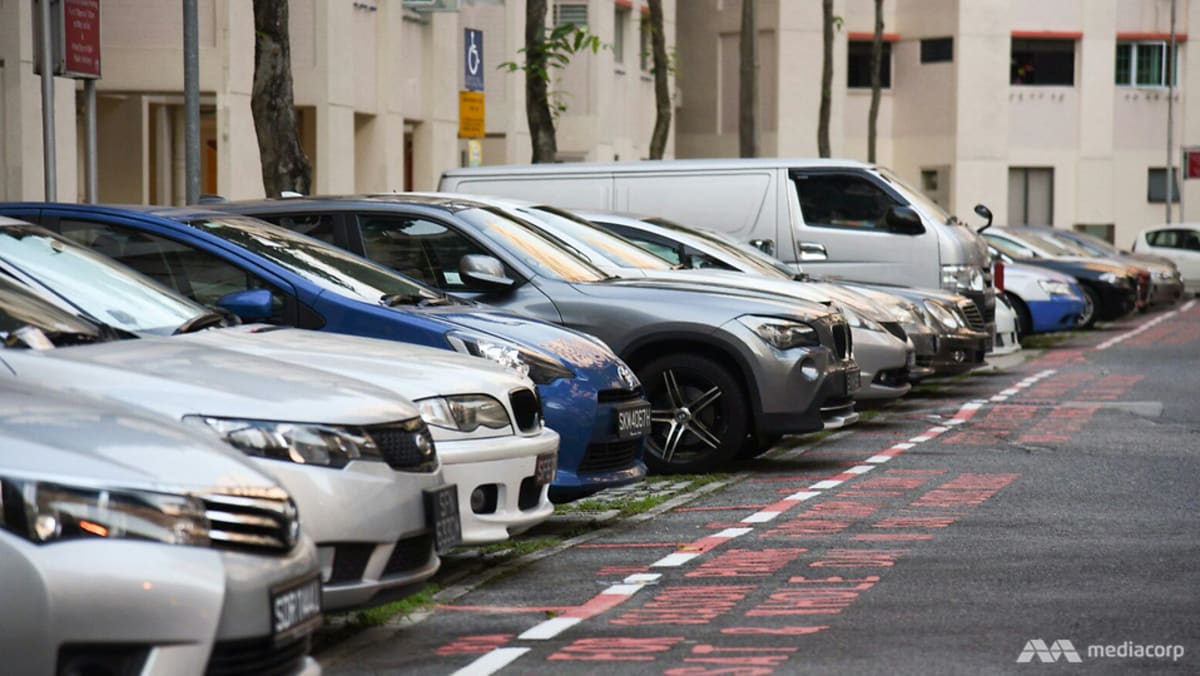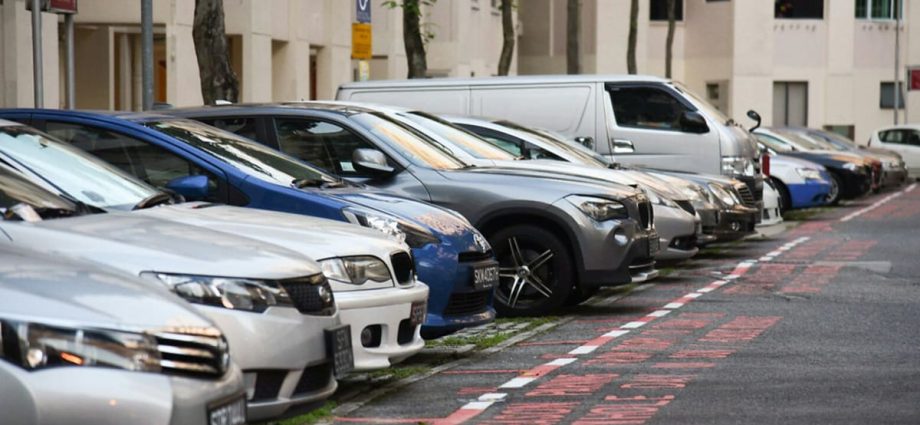
The ministry will continue to study the impact of private-hire cars on the market, he said, but added that they give commuters more choices and serve a wider segment of society than private cars.
“We should be careful when making calls about imposing any caps, sometimes arbitrary, on the PHC population,” he said.
Associate Professor Raymond Ong, from the Department of Civil and Environmental Engineering at NUS, said introducing a private-hire quota is a “double-edged sword”.
While it could reduce COE prices marginally, at the same time, it “inevitably will lead to poorer reliability” or higher prices for private-hire services, he told TODAY recently.
Mr Yeo Swee Guan, management associate at Motorist Singapore, said it may be more useful to place private-hire cars in another COE category together with car-sharing and rental vehicles.
“Placing operators of such companies in a separate COE bidding category may indeed yield significant results in calming COE prices for the general public, especially during this period when COE supplies are tight,” he told CNA.
Mr Yeo added that these companies have “strong financial incentive” to secure more vehicles and can offset high COE premiums through rental revenue.
2. TAX THOSE WHO HAVE MORE CARS
Many online commenters have called for an additional buyers’ stamp duty (ABSD) for cars, like for property – to tax those who buy more than one car.
But less than 15 per cent of households own multiple cars today, down from 19 per cent in 2012, said the Transport Minister.
At the end of October last year, 471,000 households owned cars, and 12 per cent of those owned two cars. Less than 3 per cent owned three or more cars.
The proportions have remained consistent, Mr Iswaran said, adding that multiple-car households are spread across public housing, condominiums and landed property.
Assoc Prof Ong agreed, saying in the TODAY article that additional taxes would have a small impact on COE prices if those who own more than one car are the minority.
3. SEPARATE COE CATEGORY FOR FOREIGNERS
Have foreigners driven up demand for cars in Singapore and should such buyers come under a separate COE category?
Between July 2020 and December 2022, less than an average of 3 per cent of car COEs were allocated to foreigners, Mr Iswaran said.
“The proportion of car COEs secured by foreigners remains low and has not changed significantly over the years,” he said.
Motorist Singapore’s Mr Yeo said some people think high-income expatriates are crowding out the Category B market by purchasing luxury vehicles. But as Mr Iswaran said, demand from foreigners is marginal, Mr Yeo pointed out.
“The optics of creating a separate category of COE based not on vehicle type, but instead on the nationality of the vehicle’s owner, may not be palatable,” he added.
4. CONSIDER THE NEEDS OF THE APPLICANT
The Transport Minister highlighted difficulties in implementing a points-based system that takes the car owner’s needs into account, which was suggested in parliament. Families with young children or people with disabilities were cited as possible groups that would be awarded “extra points”.
Mr Iswaran asked if these groups would pay less for their COE.
“Or does it mean that they go into a different pool? And if they go into a different pool, how do we segment the pools?” he said.
Mr Yeo of Motorist Singapore pointed to the Disabled Persons Scheme for citizens with permanent disabilities who cannot take public transport but are able to drive and need a vehicle for work.
Those who qualify are exempt from paying the COE premium.
But giving concessions to groups such as families with young children may not be practical as there could be ways to game the system. The vehicle could easily be used by other family members after being purchased in a qualifying person’s name, he said.
“Furthermore, there could be too many groups to prescribe preferential subsidies or priorities to,” he said. “That would defeat the purpose of creating priority groups since most households would end up qualifying for one or the other group.”

